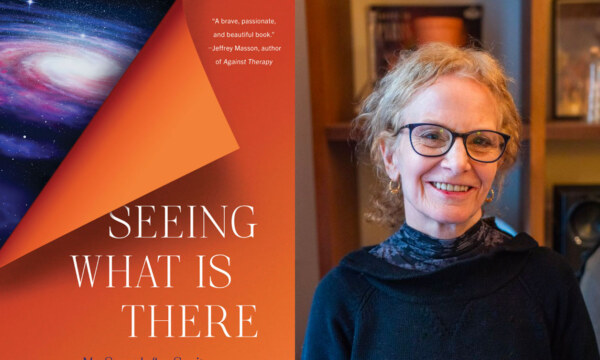Six fashion start-ups that are tackling Covid-19

Problems are often accompanied by innovative solutions. As much as the pandemic is causing chaos in everyone’s lives, it is also creating new creative opportunities. The following fashion start-ups have thought of ways to defy Covid-19 and make their place in the industry. More than anything, the uncertainties of the past year did not stop them from wanting to establish themselves – which in itself should be celebrated.
Details are more important than ever
Those working inside the fashion industry know that even before the coronavirus crisis this field was difficult for anyone trying to make a brand name, and even more so to make it stick in the long run. Everything counts in fashion, from the clothing labels identifying the brand to the tags where customers can find the price. If these little details are looked over, they might be what sinks a business in the end. The importance of brand cohesion down to the smallest detail cannot be forgotten or considered secondary.
However, to jump into fashion at such complicated circumstances such as the present takes courage as well as a more global, adaptive strategy. The year 2020 has already been tough for retailers everywhere in the world. In the UK, hundreds of store closures have already been reported and there will no doubt be more before year’s end as the second lockdown plays out. But, these challenges haven’t stopped innovation. As new brands hope to gain visible and financial momentum, they continue to expand as things go back to normal (hopefully) in 2021.
Here are some striking fashion start-ups to look for in the months to come.
Garmentry: Menswear rental service
The founder of Garmentry had been working in various technology companies before starting this new endeavour. He decided to get into men’s luxury apparel rental after seeing the phenomenal success of Hurr and My Wardrobe – which are identical concepts for women. When he researched the business model and found no similar services for men, he realised the opportunity was too big to pass.
Presize AI: Digital fit tool
Although this start-up is based in Germany rather than the UK, it is worth including as it has been a game-changer within the fashion industry. This digital tool enables one to scan their body while fully dressed and then suggests the perfect size they should wear for various brands. It was launched in 2019 and has since then partnered with various important people from the industry, including Christina Rosenberg (former CEO of Hermès Germany) and Heiko Schäfer (CEO of the Hugo Boss Group).
Sellier: Luxury resale platform
This start-up was actually built to become a retail store. In fact, when they launched in 2019, they opened a boutique alongside a website. However, the lockdown forced them to close and they immediately decided to transfer the whole operation online. Only two months later, their monthly revenue has more than doubled, rising from £95,000 to almost £230,000. Now the mother-daughter duo who launched this together is looking at a potential turnover of over £5,000,000 within the next 12 months.
Sabirah: Modest womenswear
The brand was released just before the lockdown hit when it was presented at London Fashion Week in February. The goal of Deborah Latouche – founder and designer – was to use offcuts and end-of-life fabrics from the UK and Italy to create a line for Muslim women and others who like to dress modestly. The name of the brand – Sabirah – means patience. Hopefully, she won’t need to be patient for too long before her line successfully takes off.
Etikette: Woman’s outerwear
When she started Etikette, Rhiannon Buckley highly prioritised sustainability. Before starting her own clothing line she was a designer at Dorothy Perkins. Buckley was tired of seeing so many clothes going to waste as many would wear pieces once and then never again. Her first product was named “the Commuter Jacket”, inspired in the height of the first lockdown which had discouraged people from taking busses, subways and trains. Once a jacket is ordered online, it then goes into production. There is no stock, so there can be no waste.
FoamLife: Flip flops
This brand is not yet on the market but is scheduled to be available in March 2021. It was inspired by a study that suggested people were looking for more comfortable footwear as more began working from home. The market for flip flops indeed grew by over 53% last summer. The three friends who started this brand came to the conclusion that it was time to shake up the footwear industry and rethink the warm-weather classic in a way only surfers like themselves could do.
As shown by this list, not even a pandemic can stop creative minds from venturing into the fashion industry. Some of these new products have already gained a large clientele and there is no reason why others won’t also in the months to come. If anything, that’s definitely something to celebrate in these difficult times.
The editorial unit
























Facebook
Twitter
Instagram
YouTube
RSS